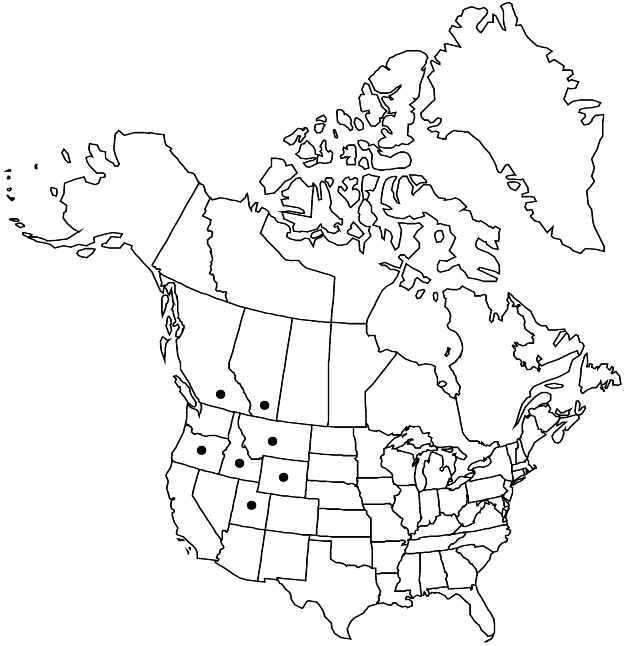Difference between revisions of "Minuartia austromontana"
Canad. J. Bot. 57: 1676, fig. 1. 1979.
FNA>Volume Importer |
imported>Volume Importer |
||
| Line 8: | Line 8: | ||
}} | }} | ||
|common_names=Columbian stitchwort;Rocky Mountain sandwort | |common_names=Columbian stitchwort;Rocky Mountain sandwort | ||
| + | |special_status={{Treatment/ID/Special_status | ||
| + | |code=E | ||
| + | |label=Endemic | ||
| + | }} | ||
|basionyms= | |basionyms= | ||
|synonyms= | |synonyms= | ||
| Line 46: | Line 50: | ||
|publication title=Canad. J. Bot. | |publication title=Canad. J. Bot. | ||
|publication year=1979 | |publication year=1979 | ||
| − | |special status= | + | |special status=Endemic |
| − | |source xml=https:// | + | |source xml=https://bibilujan@bitbucket.org/aafc-mbb/fna-data-curation.git/src/bb6b7e3a7de7d3b7888a1ad48c7fd8f5c722d8d6/coarse_grained_fna_xml/V5/V5_244.xml |
|subfamily=Caryophyllaceae subfam. Alsinoideae | |subfamily=Caryophyllaceae subfam. Alsinoideae | ||
|genus=Minuartia | |genus=Minuartia | ||
Revision as of 23:31, 27 May 2020
Plants perennial, mat-forming. Taproots moderately stout, not woody. Stems spreading to erect, cespitose, green, 3–15 cm, glabrous, internodes of all stems 0.2–0.6 times as long as leaves. Leaves tightly overlapping, usually connate proximally, with ± loose, scarious to herbaceous sheath 0.2–0.8 mm; blade straight to outwardly curved, green, flat, prominently 1-veined abaxially, linear to subulate, 3–10 × 0.1–1 mm, flexuous, margins not thickened, scarious, smooth, apex green or purple, rounded, navicular, shiny, glabrous; axillary leaves present among cauline leaves. Inflorescences: flowers solitary, terminal; bracts linear to subulate, herbaceous. Pedicels 0.3–1.5(–2) cm, glabrous. Flowers: hypanthium disc-shaped, sepals prominently 3-veined, linear to lanceolate (herbaceous portion linear to lanceolate), 2–3 mm, enlarging slightly in fruit, apex usually purple, acute or rounded, not hooded, glabrous; petals usually absent, if present, rudimentary, linear to oblong, shorter than sepals, apex entire. Capsules ellipsoid, 2–3 mm, equaling sepals. Seeds 0.6–1 mm, brown, suborbiculate with radicle prolonged into beak, somewhat compressed, minutely tuberculate (50×). 2n = 30.
Phenology: Flowering summer.
Habitat: Dry, rocky, calcareous slopes and fell-fields in alpine areas
Elevation: 1200-2800 m
Distribution

Alta., B.C., Idaho, Mont., Oreg., Utah, Wyo.
Discussion
Minuartia austromontana is the Rocky Mountains member of the M. rossii complex (S. J. Wolf et al. 1979). Specimens from that region identified as M. rossii subsp. columbiana (Raup) Maguire are probably M. austromontana; contrary to B. Maguire’s (1958) interpretation, the former is a synonym of M. elegans.
Selected References
None.